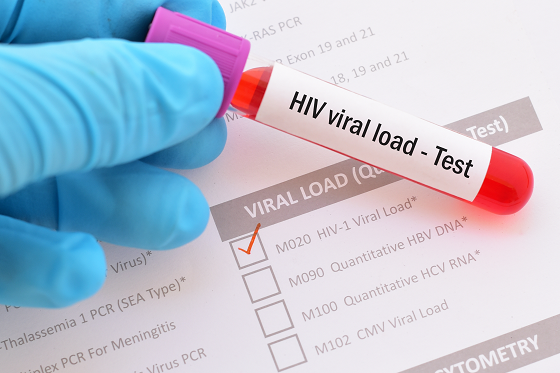
Viral load: all you need to know
Viral load refers to the amount of HIV virus in an infected person’s blood.
We all hope to grow strong and old, like a tree. When you are HIV positive, you hold your future in your hands. Antiretroviral treatment is now free to anyone who is HIV positive in Kenya.
The earlier you start treatment, the sooner you get HIV under control and achieve your healthy goal which is viral load suppression.
Here’s what viral load suppression means
We all have CD4 cells in our blood or soldier cells that fight infections when they enter our bodies. Unfortunately, we don’t have the weapons to fight HIV. So, when HIV enters our blood, it turns our soldier cells into HIV factories.
These make more HIV-infected cells, which then make even more. The number of HIV-infected cells per milliliter of blood is our viral load.
The more HIV we have in our blood, the higher our viral load. The higher our viral load, the lower our CD4 count, and that can lead to opportunistic diseases, such as TB, cancer, and even AIDS.
Related: The 3 stages of HIV
That’s where ARV’s come in …
The good news is that we can stop the cycle with Anti-Retroviral Therapy (ARVs). ARVs strengthen soldier cells and shut down HIV factories such that the CD4 count goes up, the viral load goes down.
The better news is that with ARVs, our viral load can get so low that we achieve our goal which is viral load suppression.
Viral load suppression means that you have less than 50 HIV cells per teaspoon of blood. If you manage to get to this point, congratulations! You are virally suppressed. When you are virally suppressed, you are less likely to develop TB among other infections.
The best part?
We can live long and healthy lives when you are virally suppressed. It’s easy to check our viral load with a blood test every six months after we start ARV treatment.
Remember, there is no cure for HIV. It’s still in the blood, ready to start up that race the minute it gets a chance. So please start ARVs as soon as you can and take them every day, at the same time.
If you need support. It is as close as your family, your friends, your community. You can also call or SMS 1190 free of charge if you need to speak to a counselor.
Do you have any questions about the viral load? Talk to us in the comments section.

Educating
Educating
Great to know Smardy! Thank…
Great to know Smardy! Thank you. Keep it here for more educative content.
Content well captured
Content well captured
Thank you Okeago! We’re glad…
Thank you Okeago! We’re glad you liked it.
That’s is good
That’s is good
A number to contact you…
A number to contact you please?
Hi Dorothy,
Kindly state…
Hi Dorothy,
Kindly state the nature of your problem/question and we can know how to handle it. You can also visit our Facebook page (here’s the link: Love Matters Facebook, or copy this link https://www.facebook.com/LoveMattersAfrica) and send a private message to the inbox. Does that work for you?
Can someone test negative…
Can someone test negative when he or she is postive
Hi Georgina,
Yes, it is…
Hi Georgina,
Yes, it is possible to get a false negative if you test too soon after infection, this means you shouldn’t test in the first few weeks after risky behavior that could have exposed you to HIV. Tests for HIV are only accurate after a certain amount of time has passed since the person has been exposed to the virus. Each test has its own window period.